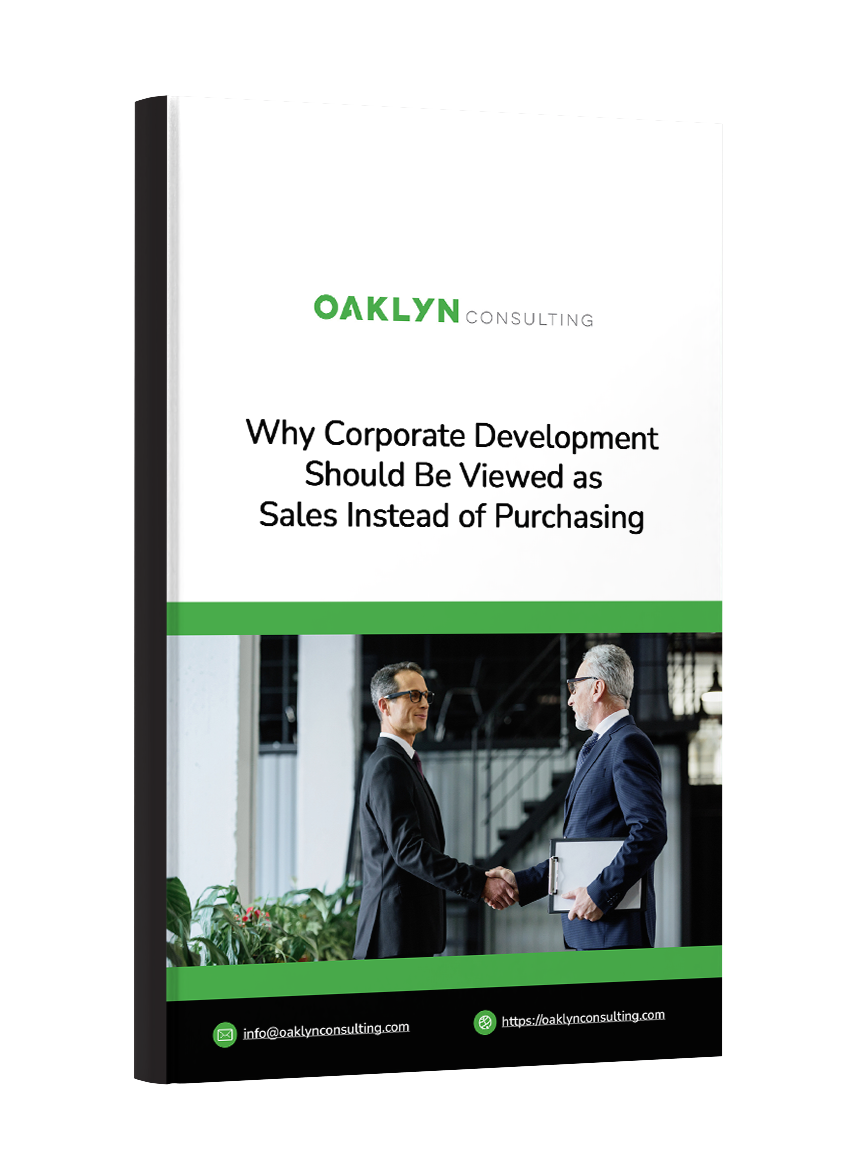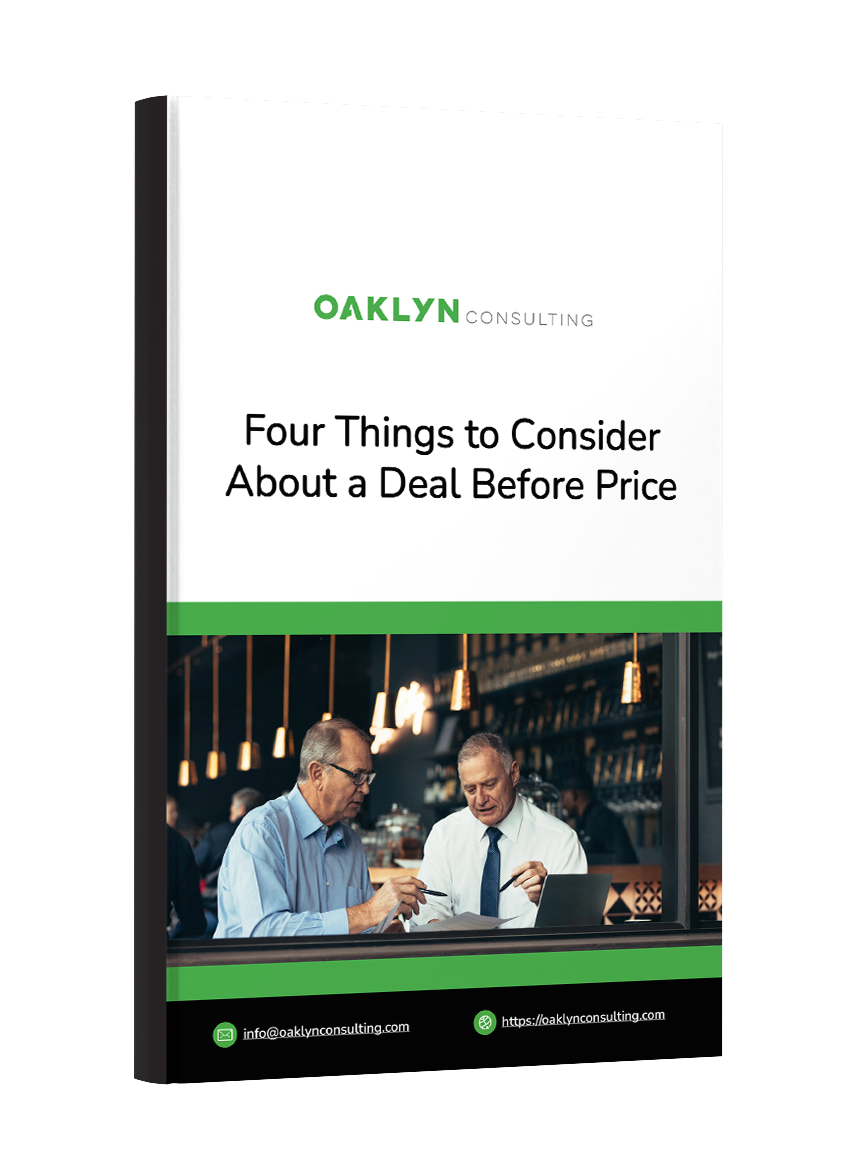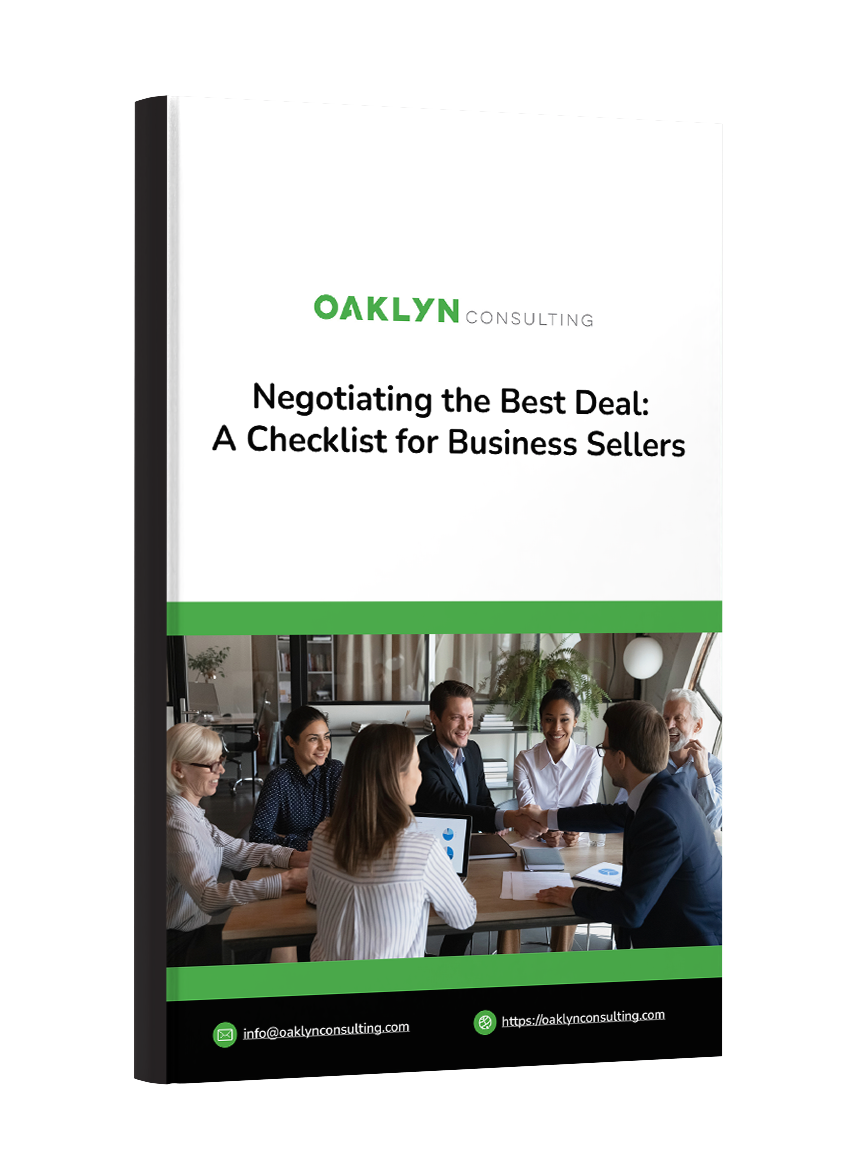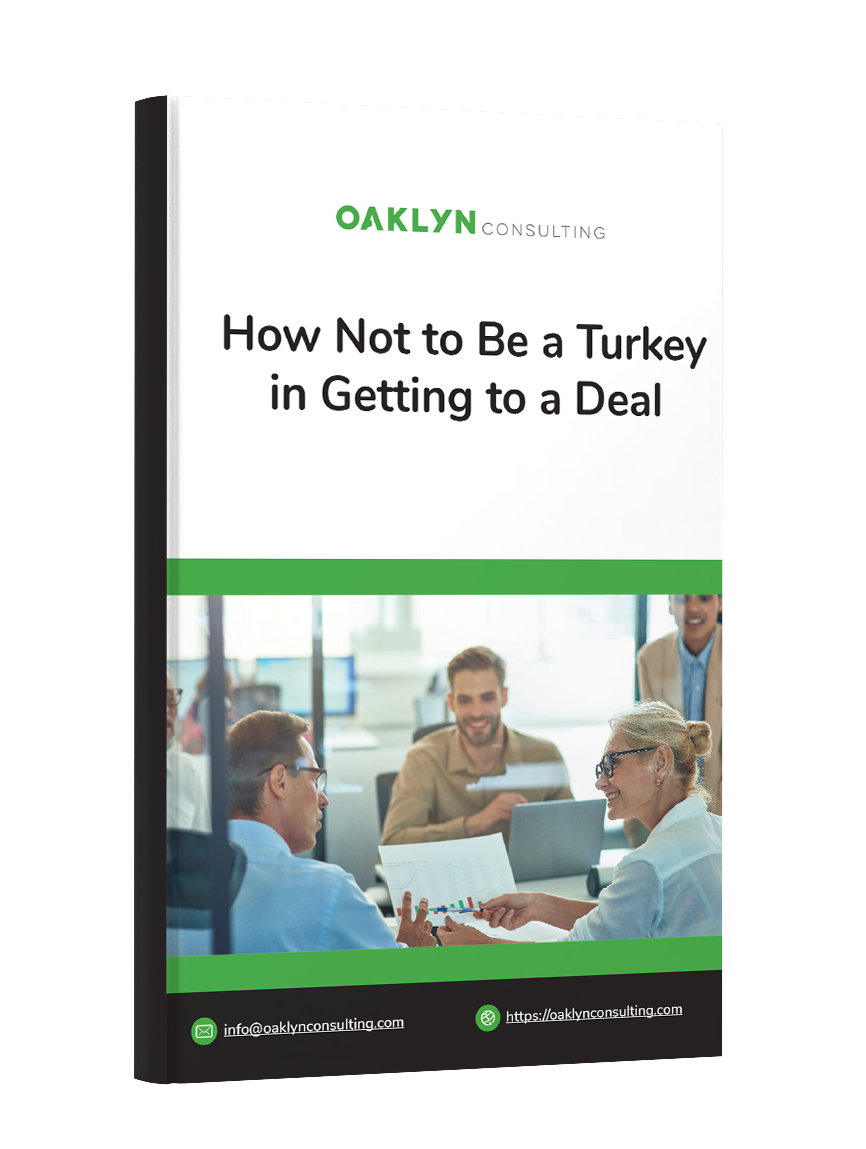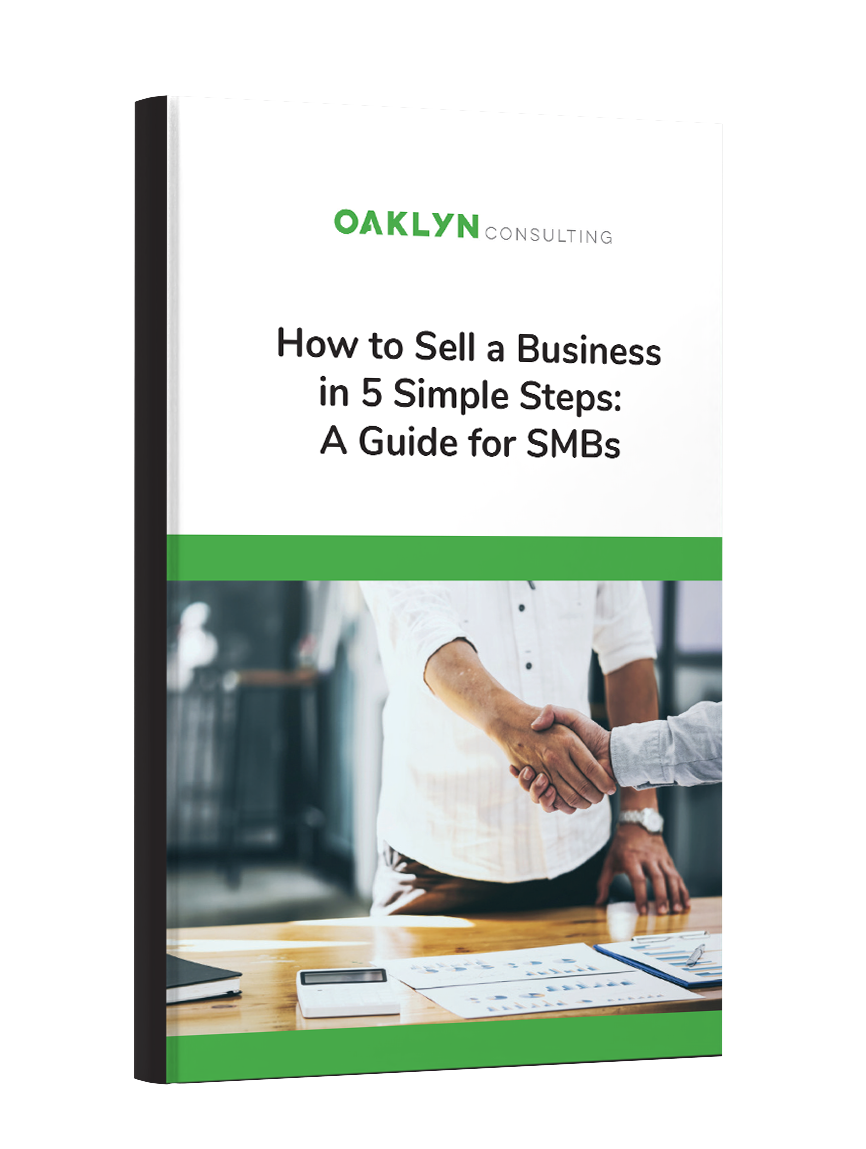**This article originally appeared in the Nashville Business Journal on Sept. 30, 2015.
Dust from the recession has settled and an estimated $400 billion in private equity funds alone are chasing down businesses to buy or invest in. Nashville companies, you’re at the center of one of the best deal environments since 2007.
In April, Investment Banking South conducted a survey on M&A activity in the Southeast with investors, business owners and business advisors. The findings suggest that a lot of money is seeking to do business in the region.
For Nashville business owners considering an exit, there may be no time like the present. Here are a few factors that have created a seller’s market:
1. Investors have shown increased interest in the Southeast
Seventy-one percent of investors surveyed by Investment Banking South believe that the quality of deal flow in the Southeast is on par with the rest of the United States. Southeastern companies in the manufacturing industry, especially, are piquing the interest of investors from all over. According to the survey results, 89 percent of investors are targeting manufacturing companies.
Consider the recent sale of Southern Tool Steel, a Tennessee-based manufacturing company, which operates a distribution center in Gallatin. Ryerson, an international distributor and processor of metals, acquired Southern Tool Steel as a strategic add-on to strengthen its foothold in the region and fill out its product offering.
Many companies are on this similar hunt for growth, and with record amounts of cash available, buyers are increasingly willing to take on more risks when it comes to deals. At this rate, according to the Wall Street Journal, 2015 is on track to be the best year in terms of M&A activity since the financial crisis.
2. The market is not overcrowded – yet
The survey concluded that a majority of investors perceive the quantity of deal flow to be lower in the Southeast, driving more competition for deals and higher multiples for sellers.
This competitive environment, which favors sellers, may become increasingly buyer-friendly in the coming years as more baby boomers begin cashing out to retire. According to a report by Robert Avery of Cornell University, a majority of the generation’s wealth is tied up in 12 million privately-owned business. Over the next five to 10 years, approximately 65 percent to 75 percent of the nation’s small companies will be put up for sale.
3. Interest and tax rates are favorable (for now)
Current interest rates drive up private equity valuations, since the cost of borrowing money to fund an acquisition is historically low. This won’t last forever. Federal Reserve officials will gather soon to consider increasing interest rates for the first time since the end of the Great Recession. Also, the Obama administration’s 2016 budget calls for raising the top rate on capital gains from 23.8 percent to 28 percent.
M&A remains strong now, but remember—the last time we saw this level of activity, we were only a few deals away from a national recession where companies hoarded cash and deal volume dropped drastically. For business owners who are ready to sell, you may be hard-pressed to find a healthier deal environment than the current one.
Originally posted at fourbridgescapital.com/the-data-has-spoken

